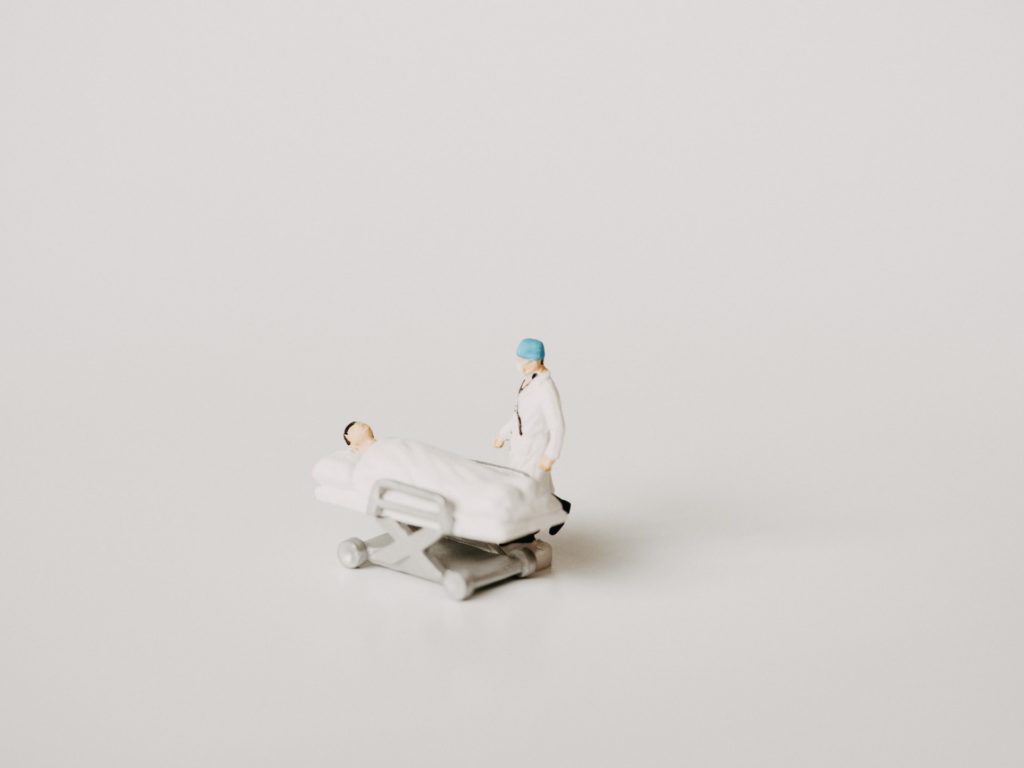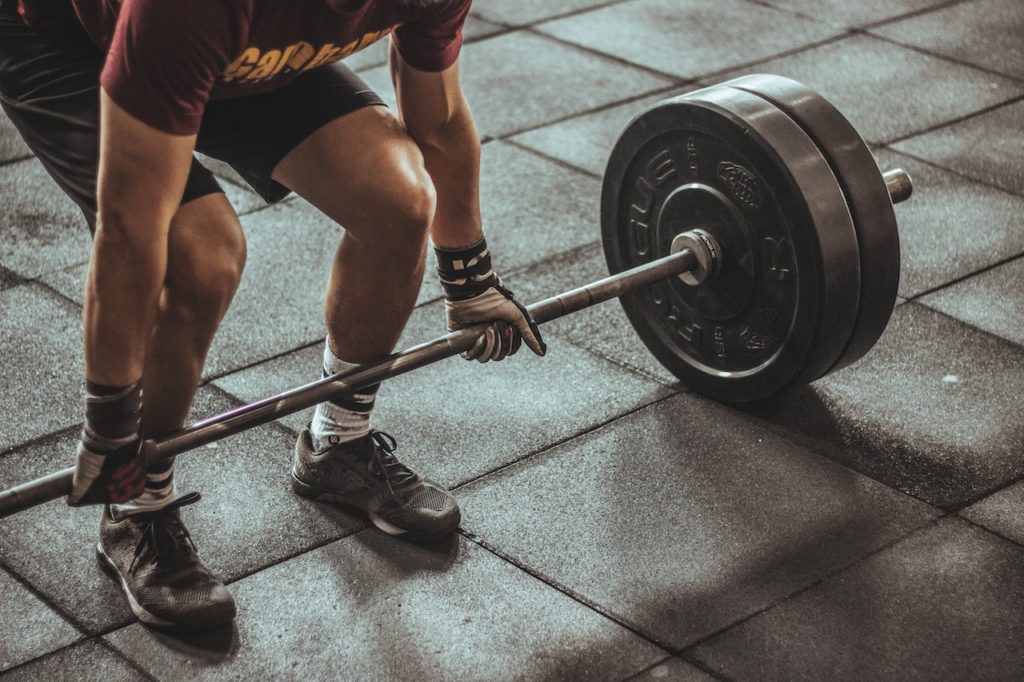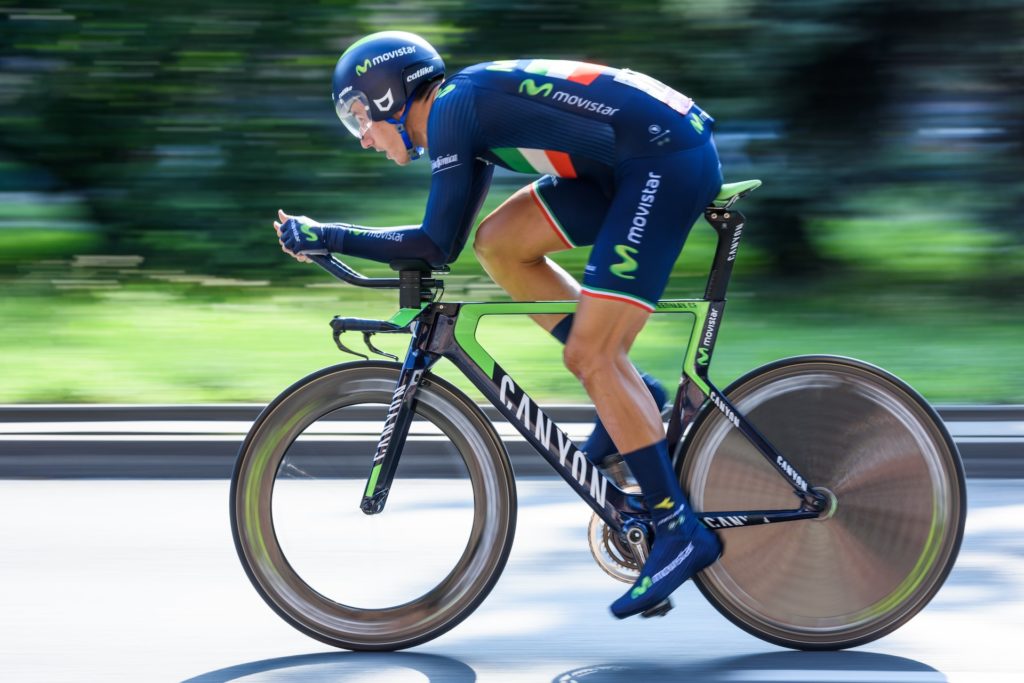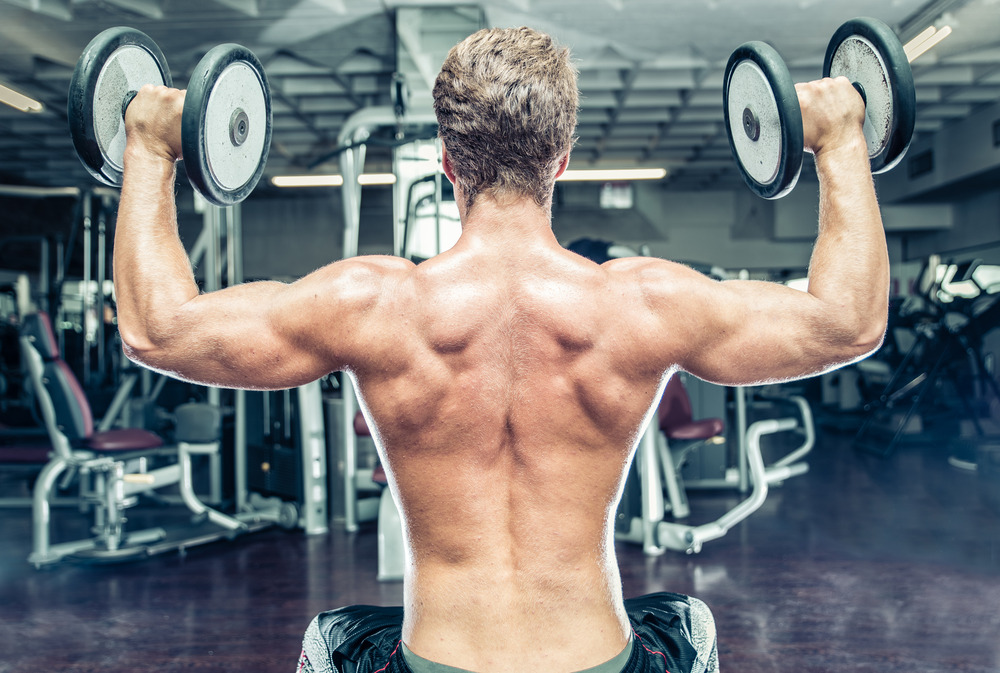Testosterone
How Testosterone Replacement Therapy Helps Men Live Better
Testosterone replacement therapy (TRT) is a treatment option for men with low testosterone levels. TRT can help improve a man’s quality of life by increasing his energy levels, improving his mood, and increasing his sex drive. TRT is not without risks, however. Some men may experience side effects such as acne, changes in their sleeping…
Read MoreCan Testosterone Replacement Therapy Build Your Muscles?
A growing number of men are becoming aware that they have low testosterone and that testosterone replacement therapy (TRT) may be the solution to the symptoms they have long learned to live with. The thing is, not all of these symptoms have anything to do with libido, energy, or mood. In fact, a typical query…
Read MoreWhen Should Men Consider Testosterone Replacement Therapy
As men age, they may experience a decline in testosterone levels. This can lead to a variety of symptoms, including reduced sex drive, weight gain, and fatigue. Testosterone replacement therapy (TRT) is a treatment option that can help men regain their testosterone levels and improve their symptoms. But before you even consider this form of…
Read MoreWhat to Know: A Guide to Testosterone Replacement Therapy
Testosterone is a male sex hormone that plays a crucial role in many body processes. Although it is best known for its role in sexual development and reproduction, testosterone helps maintain bone and muscle mass, fat distribution, and red blood cell production. Testosterone levels generally peak during adolescence and early adulthood. As men age, their…
Read More5 Risk Factors Affecting Low Testosterone Production in Men
Testosterone is the primary male sex hormone and an anabolic steroid. In male humans, testosterone plays a vital role in the development of male reproductive tissues such as the testes and prostate, as well as promoting secondary sexual characteristics such as increased muscle and bone mass and the growth of body hair. However, there are…
Read MoreBCAA Supplements: How and Why You Should Take Them
BCAA supplements are becoming increasingly popular among fitness enthusiasts and athletes. But what are they? And how can they benefit you? In this article, we’ll take a closer look at BCAA supplements and explain how and why you should take them. What Are BCAAs? Amino acids are the building blocks of protein, and branched-chain amino…
Read MoreThe Effects of Low Testosterone Levels on Men’s Health
Testosterone is a hormone produced in the testes of males responsible for developing male sexual characteristics, such as facial hair, deep voice, and muscle mass. Testosterone levels peak during adolescence and early adulthood. But after age 30, testosterone levels begin to decline, and the process accelerates after age 40. Testosterone levels decline about 1% to…
Read MoreReplacing Testosterone Replacement Therapy Myths With Facts
Testosterone replacement therapy (TRT) is a popular treatment option for men with low testosterone levels. Although TRT can be effective in treating symptoms of low testosterone, there are several myths and misconceptions about the therapy that can cause confusion and concern for patients. In this article, we will dispel some of the most common myths…
Read MoreLow Testosterone Levels: Causes You Didn’t Know About
Testosterone is the hormone that makes you a man and is responsible for your sex drive, muscle mass, and energy levels. When your testosterone levels are low, you may experience fatigue, depression, anxiety, irritability, difficulty concentrating, memory problems, and reduced sex drive. While many people believe that low testosterone only affects older men, age is…
Read MoreWhat to Know About Low-T and Testosterone Replacement Therapy
Are you experiencing lower than usual sex drive, fading energy, or mood changes paired with erectile dysfunction? If so, you may be experiencing low testosterone levels, also commonly referred to as low-T. Of course, the above symptoms can be caused by a huge variety of other things, but low-T, while not affecting everyone, can be…
Read More









